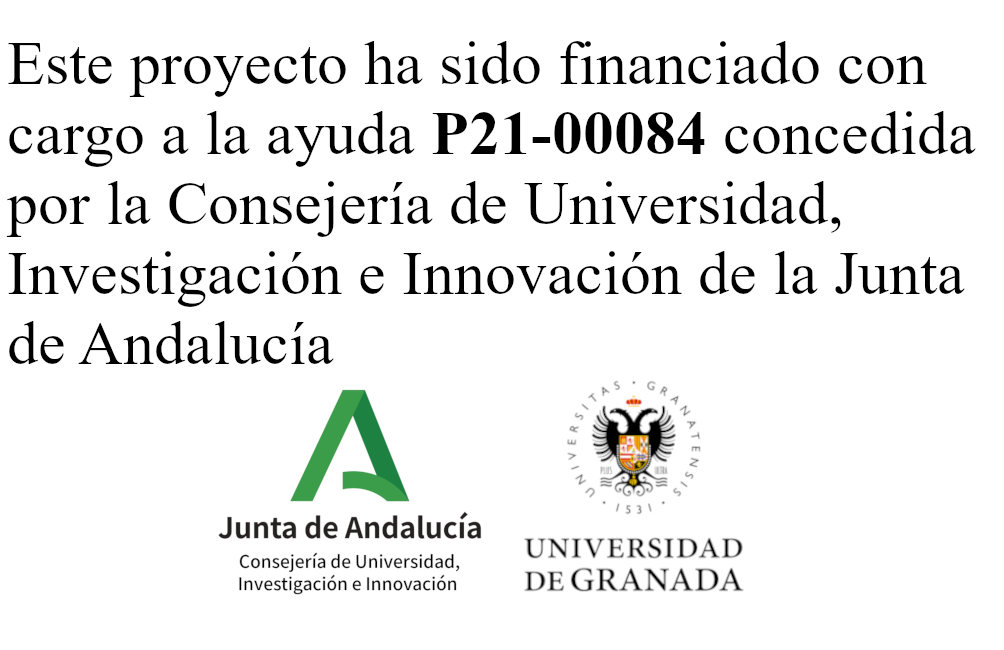NECO Lab | Universidad de Granada
BCISENS project

Project title
Brain-computer interfaces and virtual reality as tools for the evaluation of the performance of multisensory rooms for the seniors (BCISENS).

Research objectives
In this project, we propose two main research actions:
The first one is the use of Neurometry techniques for the online assessment of the cerebral activity of MSR users during interventions with the seniors living with dementia. A closed-loop wearable Brain-computer interface (BCI) will be implemented to report endogenous and valuable information from the brain activity to better understand the behavioural improvements, thus providing scientific evidence of the rationale of MSR effectiveness and the capacity of online monitoring.
The second one is related to the physical limitations of MSRs. We hypothesize that interventions with a highly immersive and virtualized MSR could produce similar results as those of a real MSR. For this purpose, we propose the use of an approach based on Extended Reality (XR) (HMD and eye-tracker) and a wearable BCI to virtualize MSR interventions and compare them with the traditional ones. After providing scientific evidence of the convenience of the XR-based-MSR approach, the basis for a low cost, globally available and practicable (by people with reduced mobility) solution will be established.
Collaborators
PhDs from Hospitaller Order of St. John of God (SJG), the technology-based company ENESO, and specialist from the Service of Neurology of the Hospital Virgen de las Nieves de Granada (SN-HVN), with expertise in MSR interventions, design and commercialization of MSRs and clinical treatment of seniors living with Dementia respectively, as members of the research team will define the intervention protocols and the technical requirements of the XR-based MSR.
Impact
Institutions (early care centers, schools for special needs, public and private associations, and geriatrics) and home-based-therapy users can benefit from the outcomes of BCISENS, either as virtualized interventions or by means of new paradigms generated as a result of the generated knowledge.
BCISENS is orientated to provide solutions to social challenges in accordance with the Andalusian Innovation Strategy 2020 (RIS3 Andalusia) and the Andalusian Research, Development and Innovation Plan (PAIDI 2020), specifically the Health, demographic change and social well-being. In turns, it is in line with the Strategic action 1, Health (National Plan for Scientific and Technical Research and Innovation 2021-2023) and covers these two main priorities actions: Health throughout the entire life cycle (“especially including populations in stages vulnerable groups”), and Tools, technologies and digital solutions for health and care (“promoting the development and use of innovative techniques, technologies and tools to improve the quality of life”).
Principal investigator
Dr. Eng. Assoc. Prof. Miguel Angel Lopez Gordo (malg@ugr.es)
Brain-computer Interface Lab (CITIC-UGR)
Smart Wireless Applications and Technologies Group (SWAT)
Dpt. Signal Theory, Telematics and Communications
University of Granada